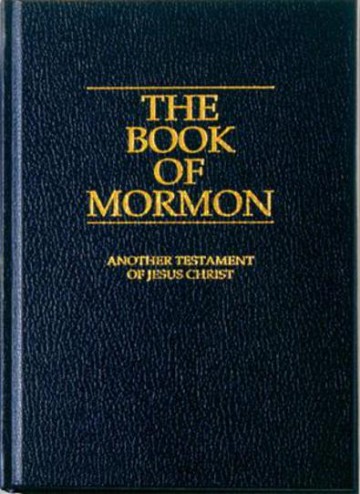Before becoming a blogger, I never gave much thought to the process of blog posts being generated. Sure, I knew people wrote them, but I didn’t consider it beyond that. When I started blogging on my own, I would write in bursts where for a few weeks I would churn out several posts, and then I would go silent for months. I have three defunct personal blogs and one that I haven’t updated since August that I’m not quite ready to declare defunct yet. The only reason I’m able to reliably generate posts here is because I have an assigned day where I’m expected to produce some writing. Just like when I was in school, there’s nothing quite like a deadline to get the creative juices flowing.
And yet, when I came to write this post, I ran into a wall. All the ideas percolating on my back burner have dried up. I joked to a few friends that I wished a blog topic generator existed. Then I googled and discovered that one does. I typed in some key words to see what it turned up, and they were all click-bait style topics like “God Explained in 140 Characters or Fewer”, or “The Next Big Thing in God”. None of the topic suggestions sparked anything, so I started writing about writing to see if something would come out on the other end. Brainstorming for bloggers.
When I was a teenager, I remember a YW lesson about the importance of keeping journals because our journals would be important to posterity. The teacher said that a lot of scripture, the Book of Mormon especially, was just their journals and we would be poorer if Nephi hadn’t kept his journal. Part of me was horrified at the thought of other people reading my journal because it was so personal to me. But part of me was intrigued. Would my writing be scripture to someone someday?

As I was writing this post, I wondered if the prophets ever experienced writer’s block. Then I remembered a verse in Omni that I rarely give much thought to. Omni is a short book in the Book of Mormon where several successive generations of keepers of the plates document their thoughts and revelations. Some of it is sublime.
And then there’s Chemish. His contribution to the Book of Mormon is a single verse. In seminary and Sunday school, some of my classmates kind of laughed at him, but I can really relate. He said: “Now I, Chemish, write what few things I write, in the same book with my brother; for behold, I saw the last which he wrote, that he wrote it with his own hand; and he wrote it in the day that he delivered them unto me. And after this manner we keep the records, for it is according to the commandments of our fathers. And I make an end.” (Omni 1:9)
Short, sweet, and to the point. Chemish did his duty and didn’t mess around. He didn’t have much to say, but he kept the record going anyway. We owe him a debt; without his efforts, however invisible, to preserve the plates, we wouldn’t have the Book of Mormon.
How many people like Chemish are there in our midst? The people who quietly keep things running in the background, maybe with the occasional mildly sarcastic remark about it, but diligent nonetheless. They get a footnote in history, and we tend to overlook them. So let’s all pause to remember the Chemishes of the world.
And I make an end.






5 Responses
Thanks for your thoughts on this, Trudy. I certainly do get blog writer’s block as well! Things used to flow way more easily 10 years ago when I was filled with hope for change within the church. Now I feel more hopeless, so the writing is a lot harder. Things flow most easily when I see problems and issues in church practice or doctrine and have hope for change and some ideas of ways things could be fixed.
At any rate, I’m glad that this blog assigning you a day encourages you to write — you’re a terrific contributor.
I so feel that transition from hope to hopelessness too. It’s just crushingly disappointing that the Church has made only the most minor of changes and has largely just chased away anyone pushing for any serious change. Thanks for bringing this up.
This is lovely, Trudy. I love how you focus on the “Chemishes” of the world. On another note, about a decade ago, I attended a post-grad writers conference wherein one of the PhD student’s dissertation was on the topic of “there is no such thing as writer’s block.” It was such a valuable topic! It taught me to get to work, even when I feel overwhelmed, or not sure what to write. Just write, and the words come. I’m glad you did.
This post speaks to me. My posts don’t generate a lot of comments, I have blogged a long time and never had one go viral, and yet, God nudges me to write and use my voice, and other times, there isn’t much to work with. I love this comparison of the recorders of scriptures being like us bloggers.
I totally love the little snippets in Omni too! Thanks for highlighting them. And the pain of writer’s block.